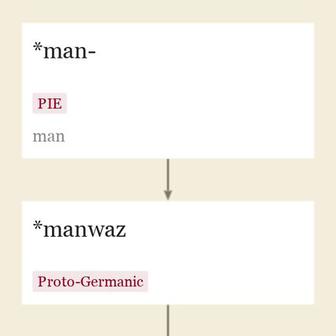birdman n.
slang for "
Entries linking to birdman
"
Despite its early attestation, bridd is not necessarily the oldest form of bird. It is usually assumed that -ir- from -ri- arose by metathesis, but here, too, the Middle English form may go back to an ancient period. [Liberman]
Up to c. 1400 it still often was used in the specific sense "
The proper designation of the feathered creation is in E. fowl, which in course of time was specially applied to the gallinaceous tribe as the most important kind of bird for domestic use, and it was perhaps this appropriation of the word which led to the adoption of the name of the young animal as the general designation of the race. [Hensleigh Wedgwood, "A Dictionary of English Etymology," 1859]
The figurative sense of "
Bird-watching is attested from 1897. Bird's-eye view "
A byrde yn honde ys better than three yn the wode. [c. 1530]
The form with bush is attested by 1630s.

"
Sometimes connected to root *men- (1) "
Specific sense of "
Man also was in Old English as an indefinite pronoun, "
As "
Man-about-town "
So I am as he that seythe, 'Come hyddr John, my man.' [1473]
MANTRAP, a woman's commodity. [Grose, "Dictionary of the Vulgar Tongue," London, 1785]
At the kinges court, my brother, Ech man for himself. [Chaucer, "Knight's Tale," c. 1386]
updated on June 02, 2017